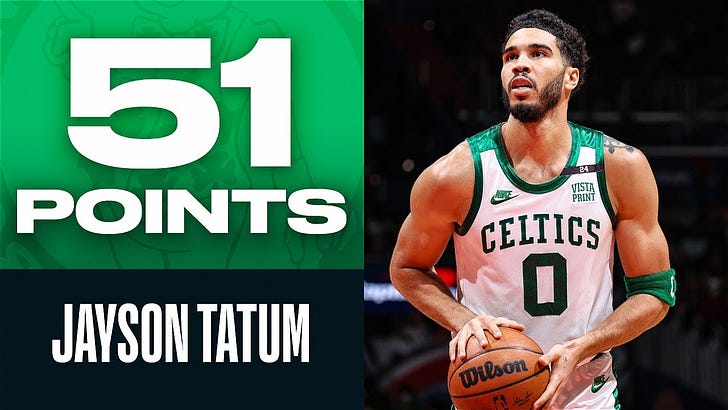Good morning, all. I hope your week is off to a great start.
I did not publish a newsletter last week. Sometime, life gets in the way, but everything is okay and I am back in the saddle this week.
What a wild weekend of NFL football. And who would have thought that after three divisional playoff games ending in walk-off field goals, the fourth game would be the most exciting of all?
By the way, one thought on the outcome. Did Buffalo manage the game clock properly, or did the Bills coaches get caught up in the excitement of their exhilirating comeback? I am not questioning the TD with time left on the clock. You score, when you can, especially inside of a minute left in the game. It’s the subsequent kick off that has me puzzled. Should the Bills’ Tyler Bass have kicked it into the end zone, giving Kansas City and its outstanding quarterback Patrick Mahomes all of those 13 seconds, starting at its 25-yard line? With every second precious, would they have been better off kicking it in play, risking a return but shaving seconds off the clock? Jim Nantz and Tony Romo thought so on the CBS telecast, before the Bass boot.
More than wondering about changing the OT rules, so Buffalo could have at least one chance at a possession, the conversation should be whether Bills’ coach Sean McDermott and his staff blew it.
How about some give and take in baseball?
As you read this newsletter the Major League Baseball Players Association and MLB owners will have met for only the second time, since the owners’ lockout began on Dec. 2. No one knows what an owner faces financially, especially since the Covid-shortened 2020 season, regardless of stories that the owners are swimming in money. No one knows what a player (and agent) is facing financially, unless you walk in their shoes.
Yes, this is a battle of billionaires vs. millionaires and that perception does not sit well with a public more focused on football, basketball, hockey and other sports. Recent polling shows the majority of the public could give a rats-you-know-what about baseball and that should be a concern to the caretakers of the game.
Count me among those who does give a rats-you-know-what about the game and yearns for a return to 2:30 ballgames, even if it does mean MLB adopts ESPN’s Karl Ravech’s push for seven-inning games. That said, there is room for the owners and players to resolve their core issues, which are the owners refusal to reduce free agency eligibity from six years and players opposed to expanding the playoffs to 14 teams from the current 10-team format.
The owners should agree to the association’s proposal to permit a player to become a free agent after five years instead of six. In return, the players should hop on board an expanded post season with the proviso the regular season schedule be reduced. The revenue from more post season games, combined with the take MLB receives on legalized betting from those games, would be more than enough to offset any revenue losses from a reduction in the regular season.
Addionally, the post season should start in mid-September and be wrapped up by the third week of October. No baseball season should stretch into November. And while we’re at it, make the DH universal and create a draft lottery so teams won’t tank. Throw in an increase in the ceiling on salaries, before club’s face the luxury tax too.
It would help if a joint committee was formed to examine ways to speed up the game. One of the many reasons I enjoy watching football and basketball is that you know a game will usually be completed within a certain time frame. If it goes longer, it’s because the contest is usually riveting, holding the fans’ attention. (See this past weekend’s NFL playoff games.)
A long term agreement will also lead to expansion, adding more minor league teams in cities, who lost franchises when MLB took over sole operation of the minors in 2021.
Rather than consider this current labor strife as Armegeddon for the sport, it should be viewed as a golden opportunity to set the game on the path to prosperity and popularity, provided cooler heads prevail, rather than bruised egos. I believe the above blueprint would help achieve those goals.
How to you end a shooting slump
I always remember my high school basketball coach (I was the team manager, not good enough to dribble to my left) saying the best way for a shooter to cure a shooting slump is to keep on shooting. And so it was that Jayson Tatum of the Boston Celtics did just that.
As the Boston media kept reminding us, game after game, how many three-point shots Tatum kept missing (he went 0-for-17), he kept on shooting. The slump is no longer. On Sunday, Tatum poured in 51 points, including some three-pointers, as the Celts annhilated the Washington Wizards.
The moral of the story? When you are down, never be out. Just keep plugging away.
That is it for the latest newsletter. Have a tremendous week and thank you for your support.
SPORTSCASTER DAN


